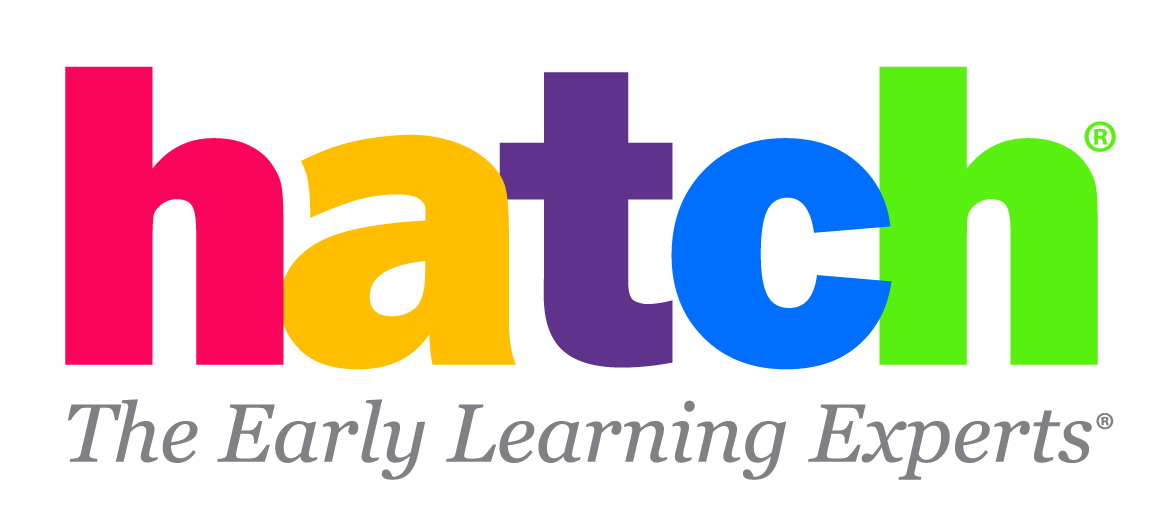When the school year winds down and summer approaches, early childhood educators and administrators have a unique opportunity to foster a love for reading and support foundational literacy skills in young children. One innovative way to achieve this is by encouraging families to start a summer book club with their little ones.
Summer book clubs offer a multitude of benefits for young children and their families, including the following:
- Preventing the summer slide: Research indicates that students can lose up to 2 months of grade-level equivalency in reading skills over the summer. Engaging in a book club helps combat this learning loss, providing consistent opportunities for children to practice and reinforce their literacy skills.
- Building a love for reading: By making reading a social activity within the family, summer book clubs create positive associations with books. Children are more likely to develop a genuine love for reading when they view it as an enjoyable, shared experience.
- Enhancing vocabulary and comprehension: Discussing books within the context of a book club promotes language development, expands vocabulary, and improves comprehension skills. These discussions encourage critical thinking and help children make connections between the text and their own experiences.
- Fostering family bonding: Summer book clubs strengthen family bonds because they provide a shared activity that involves parents, siblings, and other relatives. The collaborative nature of a book club creates lasting memories and reinforces the idea that learning is a lifelong, enjoyable journey.
Tips for Educators and Administrators
Educators and administrators can encourage families to start a summer book club with these tips:
- Provide book recommendations: Offer a curated list of age-appropriate books that align with children's interests and developmental levels. This can make it easier for families to choose engaging titles that captivate their child's attention.
- Host a kickoff event: Organize a special event at the end of the school year to introduce the concept of summer book clubs. This event can include book readings, discussions, and the distribution of book club starter kits with discussion guides and suggested activities.
- Create a supportive online community: Establish an online platform, such as a dedicated social media group or a discussion forum on the school's website, where families can share their experiences, insights, and book recommendations. This virtual community adds an extra layer of support and encouragement.
- Celebrate achievements: Acknowledge and celebrate children's reading achievements throughout the summer. Consider creating a recognition program, perhaps with certificates or small prizes, to commend families for their commitment to literacy development.
- Collaborate with local libraries: Partner with local libraries to ensure that families have easy access to a diverse range of books. Libraries may also be able to provide additional resources, such as reading logs, themed events, or even guest speakers, to inspire young readers.
Summer book clubs provide a fantastic opportunity for early childhood educators and administrators to extend their impact beyond the classroom. By encouraging families to read with their children, educators, and administrators can foster a lifelong love for reading in young children, strengthen family bonds, and contribute to the development of foundational literacy skills that will serve children well throughout their educational journey.


